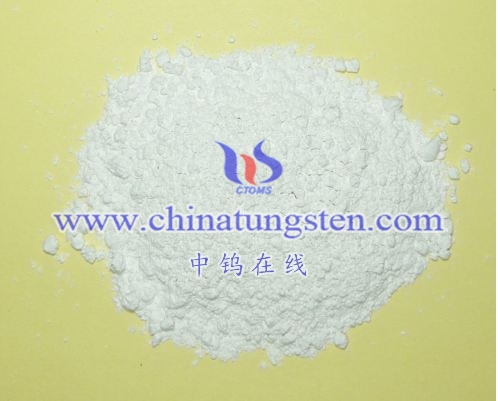Ammonium metatungstate (AMT) has a wide range of applications due to its unique properties. One of the newer applications of AMT is in the field of nanotechnology.
AMT has been found to be an effective precursor for the production of tungsten oxide nanoparticles, which have a range of potential applications in fields such as catalysis, energy storage, and biomedical imaging. Tungsten oxide nanoparticles can be produced by heating AMT crystals in air, which causes them to decompose and form the oxide nanoparticles.
The size and properties of the resulting tungsten oxide nanoparticles can be controlled by varying the processing conditions, such as the heating temperature and time, as well as the concentration of the AMT solution used as the starting material. This allows for the production of nanoparticles with specific properties tailored to a particular application.
For example, tungsten oxide nanoparticles have been investigated for their potential use in solar cells and batteries due to their high surface area, good electrical conductivity, and ability to absorb visible light. They have also been explored for use in biomedical imaging, where their unique optical properties can be used to enhance contrast in imaging techniques such as computed tomography (CT) and magnetic resonance imaging (MRI).
Overall, the use of AMT as a precursor for the production of tungsten oxide nanoparticles represents a promising new application for this versatile compound.







